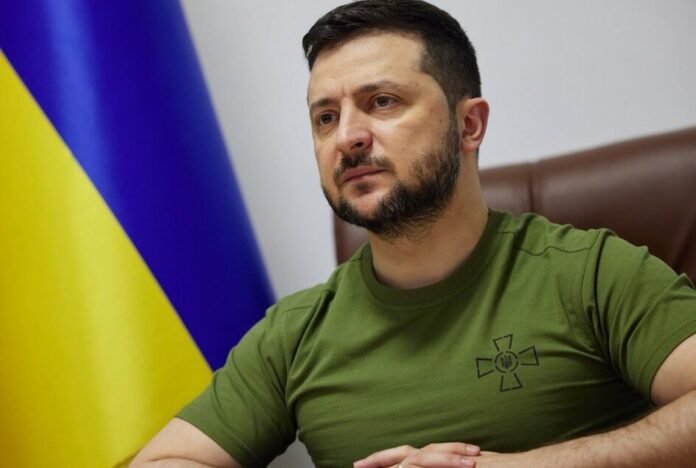Ukraine’s covert drone assault cripples Russian bombers and rebukes West’s doubts over Kyiv’s fight
Ukraine has jolted both Moscow and its Western allies with an unprecedented cross-border drone assault that targeted some of Russia’s most strategic airbases. “Operation Spider’s Web” — a covert strike long in the making — saw dozens of drones smuggled deep into Russian territory and used to launch one of the boldest attacks in the war so far.
In an audacious 18-month operation, Ukraine’s Security Service (SBU) concealed small drones in hidden compartments aboard freight trucks that travelled thousands of miles across Russia. These unmanned weapons were launched remotely near four separate airbases in a coordinated assault that stunned analysts with its scale and precision.
The campaign reportedly struck around 40 strategic bombers, including Tu-95s, Tu-22s, and Tu-160s — aircraft that form the backbone of Russia’s long-range strike capabilities. Although exact damage assessments remain unconfirmed, Ukrainian military voices and bloggers argue that the damage is massive and largely irreversible.
“These strategic bombers are capable of launching long-range strikes against us,” said defence analyst Serhii Kuzan. “There are only 120 of them, and we struck 40. That’s an incredible figure.”
Ukrainian military blogger Oleksandr Kovalenko added that repairing or replacing such aircraft is now nearly impossible: the bombers are no longer in production, and Russia’s military-industrial complex lacks the capacity to restore them quickly.
He highlighted the Tu-160 supersonic bomber, describing its loss as a crippling blow to Russia’s air power. “With the Ukraine Drone Strike Operation, the Russian Aerospace Forces have lost not just two of their rarest aircraft, but truly two unicorns in the herd,” Kovalenko said.
Yet, beyond the physical damage, the psychological and political implications loom even larger. The operation has been hailed inside Ukraine as a powerful message — to both Vladimir Putin and wavering Western backers — that Kyiv remains capable, resourceful, and unwilling to bow.
President Volodymyr Zelensky met with SSU chief Vasyl Malyuk, who briefed him on the successful operation. The message being sent is unmistakable: Ukraine is still very much in the fight, despite battlefield setbacks in the Donbas and growing fatigue among some Western capitals.
Inside Kyiv, frustration is mounting over what Ukrainian officials see as premature defeatism from the United States. According to one senior official quoted by the BBC, “The biggest problem is that the Americans have convinced themselves we’ve already lost the war. And from that assumption, everything else follows.”
This sentiment is echoed by Ukrainian journalist Illia Ponomarenko, who rebuked defeatist attitudes with a pointed jab at Donald Trump’s infamous condescension during Zelensky’s Oval Office visit. “This is what happens when a proud nation under attack doesn’t listen to all those: ‘Ukraine has only six months left’. ‘Just surrender for peace’. ‘Russia cannot lose. ’
The symbolic power of the attack was neatly summarised by Business Ukraine, which tweeted, “It turns out Ukraine does have some cards after all. Today, Zelensky played the King of Drones.”
As Ukrainian representatives head to ceasefire talks in Istanbul, they carry more than just diplomatic words. Backed by the success of the Ukraine Drone Strike Operation, they come empowered by their ability to infiltrate, innovate, and strike decisively. The message to Russia is clear: don’t underestimate Ukraine’s reach. To the West: don’t count Kyiv out.
